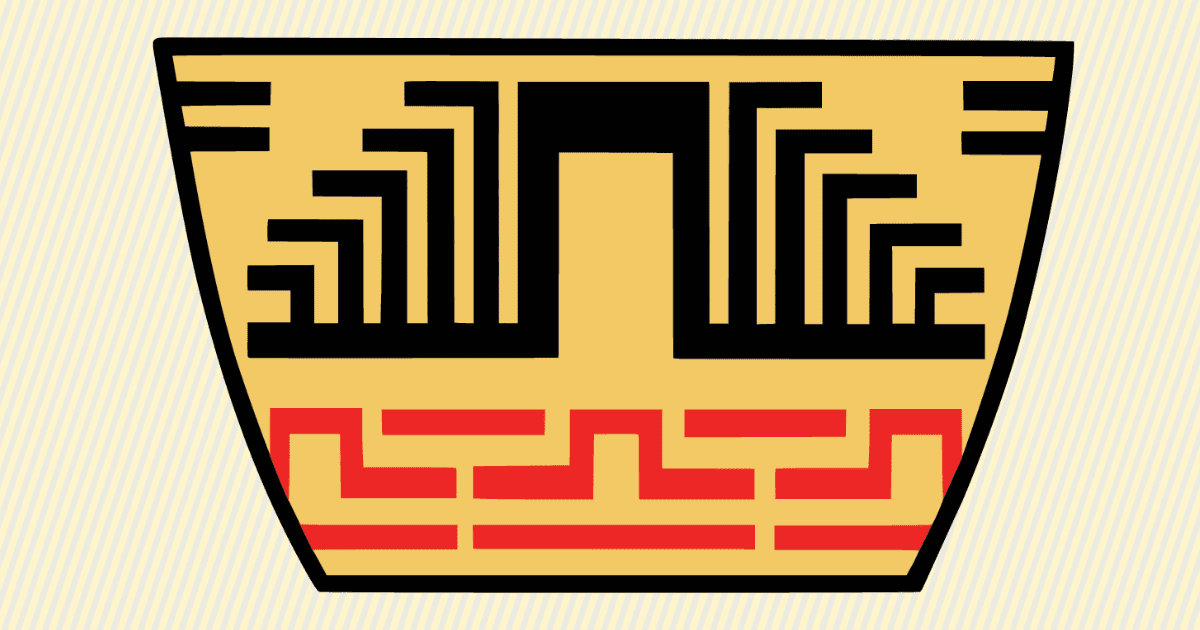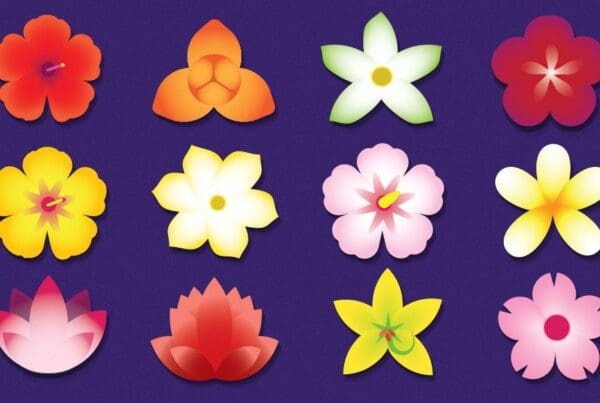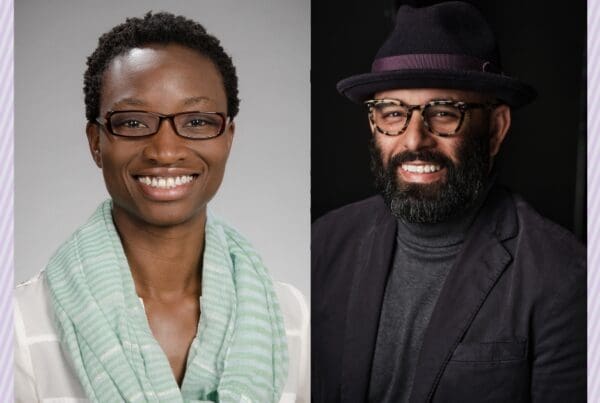Highlights | A new center to address Indigenous health disparities
- The Center for Indigenous Health launched in July 2023.
- It is an important step forward in promoting Indigenous health in Washington.
- The center supports and builds community among Indigenous students, trainees and faculty.
American Indians, Alaska Natives, Native Hawaiians and Pacific Islanders (collectively “Indigenous”) are burdened by disproportionate rates of chronic diseases like diabetes and liver disease and face a lower life expectancy, all due to healthcare inequities and barriers to care. Further impacting the situation is that fewer than 0.5% of U.S. physicians are Indigenous — and it’s well known that marginalized communities fare better when served by their own people who better understand how to improve access, lessen bias and provide care that takes into account the cultural practices of different tribes.
Physician census data from the Washington Medical Commission’s 2017-2018 survey shows that only 147 doctors in the state are Indigenous — that’s just 1% of our physician workforce.
Indigenous peoples throughout the country benefit from being cared for by Indigenous doctors — and here in Washington, the new Center for Indigenous Health at UW Medicine is making sure Indigenous students have opportunities to see themselves in these roles and pursue careers in medicine.
Over a year in the making
It’s been more than a year since Jason Deen, MD, (Blackfeet), first envisioned the center and how it would serve Indigenous students and prospective students. Deen, a pediatric cardiologist at UW Medical Center – Montlake and Seattle Children’s Hospital, and director of the Indian Health Pathway at the UW School of Medicine, leads the center as director along with Millie Kennedy, JD, (Tsimshian), tribal liaison with the UW Medicine Office of Healthcare Equity’s Indian Health Pathway.
The Center, which launched in July 2023 and is housed in the UW School of Medicine Department of Pediatrics, received in perpetuity funding from the Washington State Legislature, with the help of Ian Goodhew, senior director of external affairs, and sponsorship by Washington State Senator Claudia Kauffman (Nez Perce).
“It’s a special program that is all about creating an ecosystem for Native learners within UW and the UW School of Medicine, so we can better care for the tribal communities in WA state and through WWAMI,” Deen explains.
That mission is artistically represented in the art created for the Center by artist, educator and storyteller Roger Fernandes (Lower Elwha S’Klallam). The basket is inspired by Puget Salish basket designs, where many different materials are woven together to create a “harmonious whole,” as Fernandes says. The art also depicts the medicinal Devil’s Club plant in black and red, symbolizing the growth of the plant as well as the head and arms of a spirit who heals the sick.

Support from grade school through post-grad work
The Indigenous learners served by the Center will be medical students and trainees, but also students all the way from elementary school to pre-med. Here are some of the ways the center will support this next generation of doctors and medical professionals:
- Outreach to elementary, middle school and high school students
- Provide guidance for pre-med students applying to medical school
- Recruit and retain Indigenous medical students and trainees
- Develop academic and professional funds for students, trainees and faculty
- Support students, trainees and early-career faculty entering leadership positions
- Raise funds to support Indigenous-centered research projects
- Establish new clinical training sites for the Indian Health Pathway
- Connect students and trainees with mentors
- Build community among Indigenous students, trainees and faculty
- Create programming to educate about Indigenous health
“My hope is that by working on getting more Indigenous med students and supporting Indigenous learners, some will become faculty because they feel supported and feel part of a community here,” Deen says. “Ultimately, I want UW Medicine to be the premier place to go in the country if you’re Indigenous and want to go to medical school, do a residency or fellowship.”



